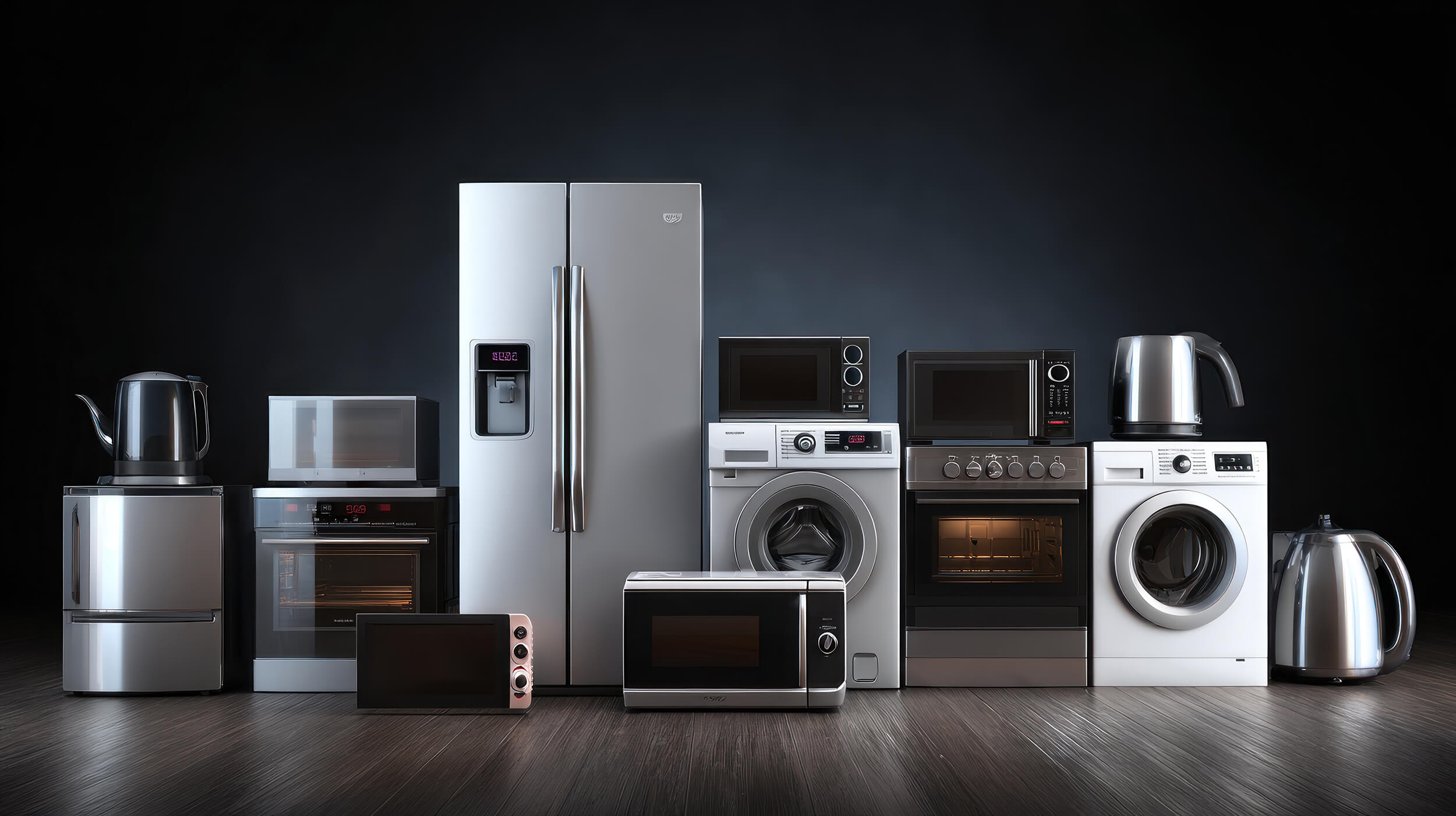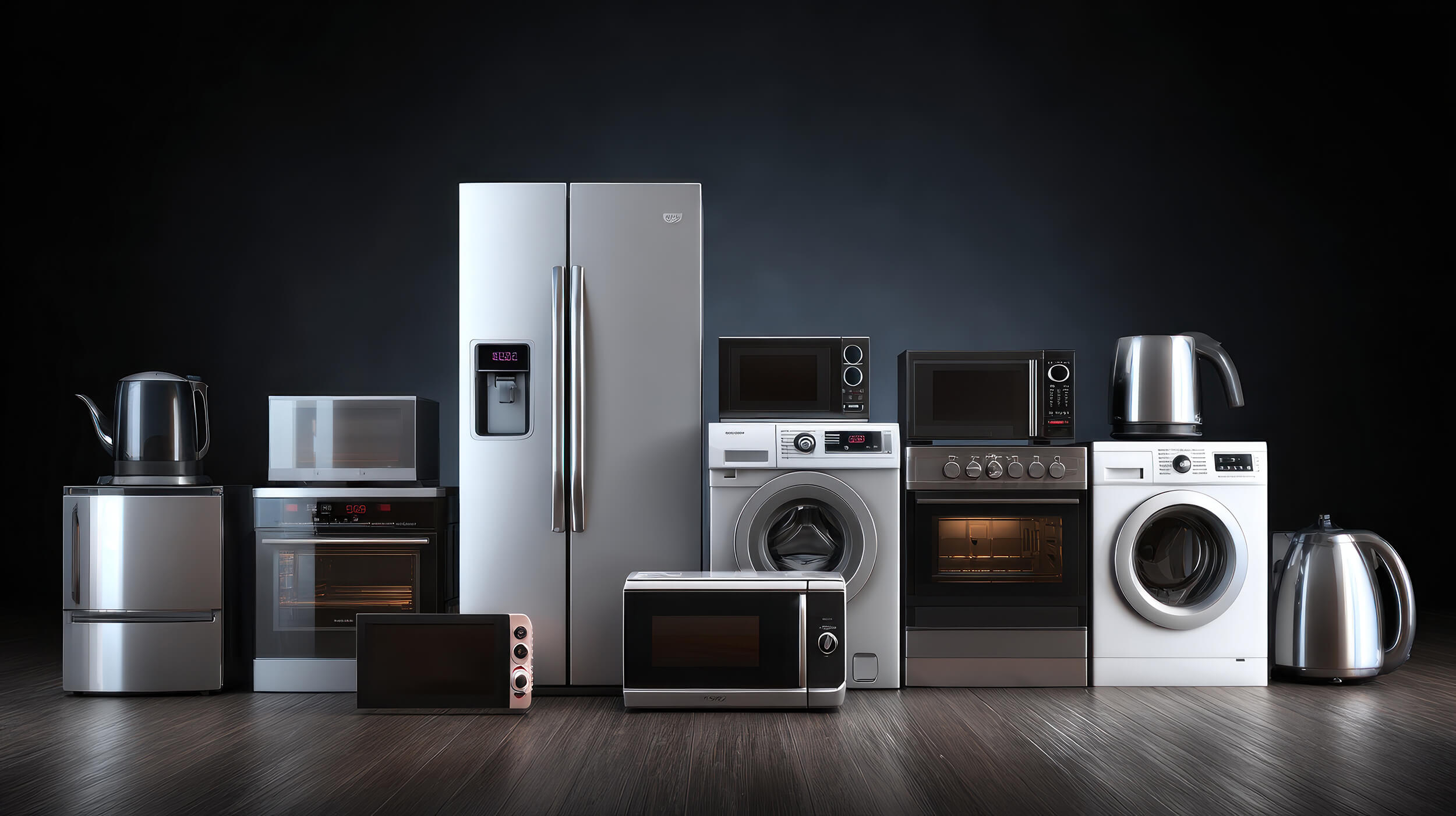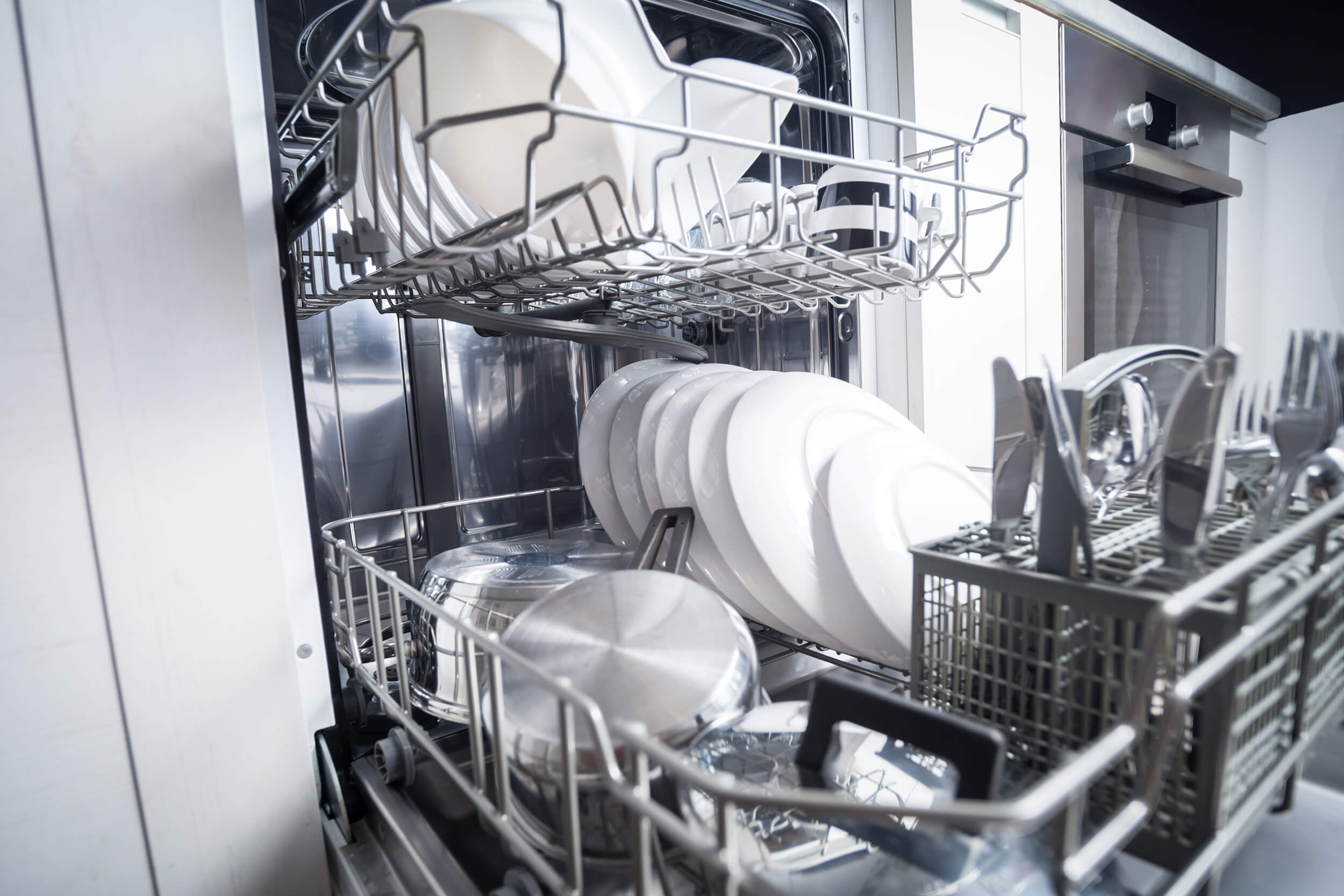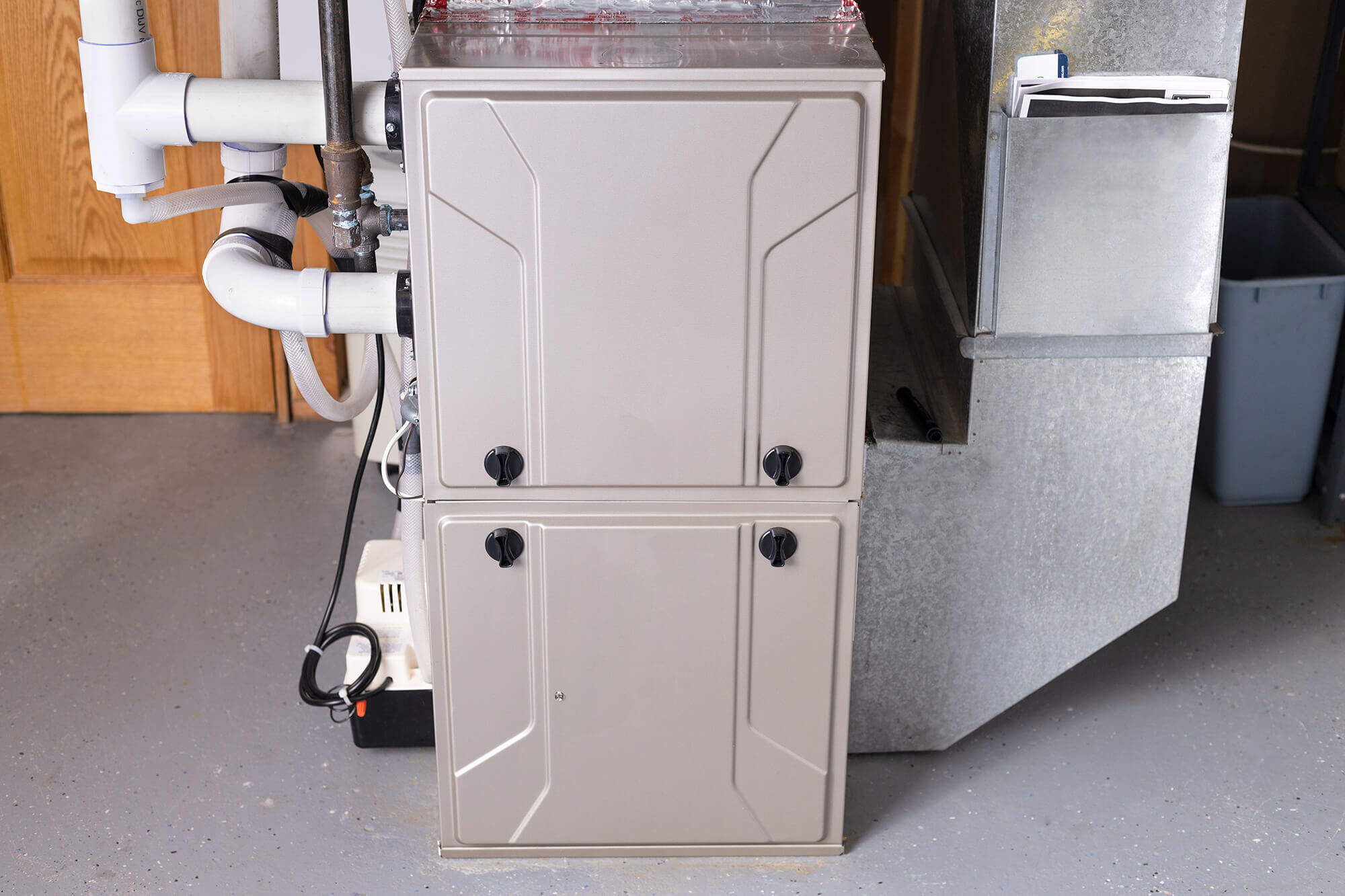Yesterday the US Department of Energy (DOE) issued new energy efficiency standards for commercial boilers, which are commonly used to heat schools, offices, apartments, and hospitals, among other building types. The new standards will reduce commercial boiler energy consumption by about 2-6% relative to the current standards.
Yesterday’s final rule completes a process required by Congress to update the minimum efficiency standards for commercial boilers. DOE initiated the rulemaking more than 3 years ago and held public meetings at preliminary stages of the process in 2013 and 2014. DOE was required by law to issue a proposed rule in 2015, but the proposed rule was delayed until it was eventually published earlier this year.
About one-quarter of all commercial floor space is heated by boilers. Commercial boilers are generally used to heat buildings that have a heating and cooling system referred to as a central system, where boilers provide hot water or steam for heating and a chiller provides cold water for cooling. (In contrast, other buildings may be heated and cooled using packaged rooftop units, for example.)
Commercial boilers can use either gas or oil as the fuel source, and many boilers provide hot water for use in a building in addition to space heating. The current standards for commercial boilers require a minimum efficiency of 77% to 84% depending on the specific type, size, and fuel. The new standards will raise the minimum efficiency levels to 81-88%.
DOE estimates that customers on average will save between $200 (for small gas-fired hot water boilers) and $36,000 (for large oil-fired steam boilers) over the life of the equipment with the new standards. On a national level, commercial boilers meeting the new standards sold over 30 years will save about 0.3 quadrillion Btus (quads) of energy--enough to heat all the natural-gas-heated homes in New England for one and a half years--and net savings of $0.5-2.0 billion for customers.
While yesterday’s rule will require modest efficiency improvements, much greater energy savings are possible. Gas-fired hot water boilers using condensing technology can reach efficiency levels as high as 99%.
The new standards for commercial boilers will take effect 3 years after publication in the Federal Register.
Note: This new standard will not be officially final until published in the Federal Register. Most likely, final publication will be decided by the Trump administration.





